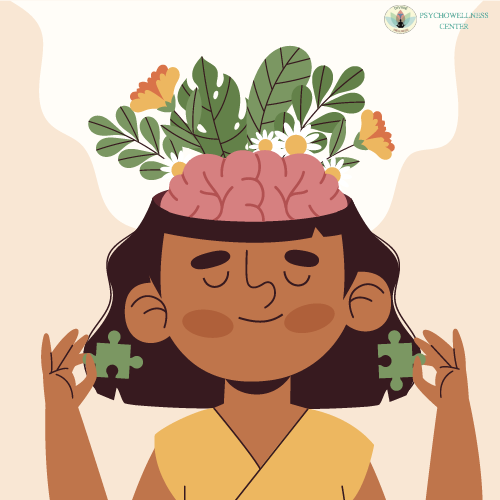Humor And Psychology

While humor is officially defined as the funny or amusing qualities of somebody/something, L.W. Kline in his journal article ‘The Psychology of Humor’ accurately and rather eloquently describes humor as ‘a universal remedy'. In the words of Edward De Bono, "Humor is by far the most significant activity of the human brain”. The best psychologists in delhi also agree with it.
According to psychologists, humor is both a source of entertainment and a way to cope with difficult situations. Ancient philosophy has had quite a polarising view of humor. For instance, Plato criticized laughter as an emotion, calling it one that undermines our self-control and called for strict control over comedic activities. On the contrary, Seneca leaned towards humor. He had stated that all things are cause for either laughter or weeping and concluded that “it is more fitting for men to laugh at life than to lament over it”.
Humor adds colors to ordinary and mundane days in trivial yet impactful manners. People who laugh often are found to have a significantly efficient cardiovascular system, says Dr.R.K.Suri, a clinical best psychologist in delhi. Some people also use humor as means to repress their bitter past experiences and traumas while also talking about it indirectly, what the gen-z now calls “dark humor”.
Humor is an extremely effective way to distract oneself from the negative emotions or the daily stressors of life. While humor is incapable of solving our daily predicaments, it most certainly can help us get a break from it or even better, help us look at it from a different eye. It is like an escape, even if momentary, into some glee. This is because the joke or humor demands the working memory of the cognitive part of the brain to focus on the humor, leading to temporarily forgetting the problems. Best Psychologists and psychiatrists say, Laughing also releases happiness hormones like dopamine and endorphins, further making us feel happier. Endorphins and dopamine are the two main happy hormones that are found to be in reduced quantities in people suffering from depression and hopelessness.
A 2014 study conducted by Robert Bosch Hospital, Stuttgart with cardiac patients brought some interesting observations. For seven weeks, the patients practiced reacting to stressful situations with humor instead of negativity and tension. Every day, they were given a questionnaire to fill and their cortisol levels were measured. This study revealed the reduced levels of stress enhanced their health, both physically and mentally. This is the reason many best psychologists in India recommend laughing therapy for reducing stress.
Humor can be a sort of psychological soft power that a person can employ to appeal to others and convey a serious point with a reduced risk of offending the listener (wonder what would gen-z call this? Serious humor? Seriously funny? Lord knows, or in this case, does he?)
However, humor is extremely subjective and there are no common grounds on which an epiphany can be weighed to determine its humor level (how can we forget the day we said a joke and no one laughed on it other than ourselves?). This isn’t to doubt the immense potential that humor carries with itself, after all, how many times have we cracked a joke about ourselves to reduce the discomfort around us, to appear more friendly and likable? It is called Self-deprecating humor (this time even millennials call it that!)
A child is less likely to be intimidated by the teacher if the teacher starts with a joker’s photo or acts playful or even frisky (Fortunately, Joker is not a DC villain for them, not yet!). Kids remember academic concepts with the help of animations and jest which is also called ‘the humor effect’. The humor effect is a cognitive bias wherein people are more likely to remember stuff when they are told about it jokingly. The most common example being that kids are more likely to understand that an elephant is physically larger and mightier than a fox when they are told a story where a fox is “kicked and shooed away”, which they find funny than they would remember when they are just told that in five words. In short, we are more likely to remember and retain information when it is layered with some humor or joke.
While humor is not literally some medicine, it undoubtedly has some therapeutic and medicinal benefits, not to forget, its power to create intimacy and warmth in relations through shared laughs. Psychologists say it is only humor that can have aggressive components yet not be hostile!
Read more:
Goals Are The Driving Force Of Our Lives
Purpose, Status And Importance Of Career Counselling In India
Author:

Alaika Mishra
Intern at Psychowellness Center




SHARE